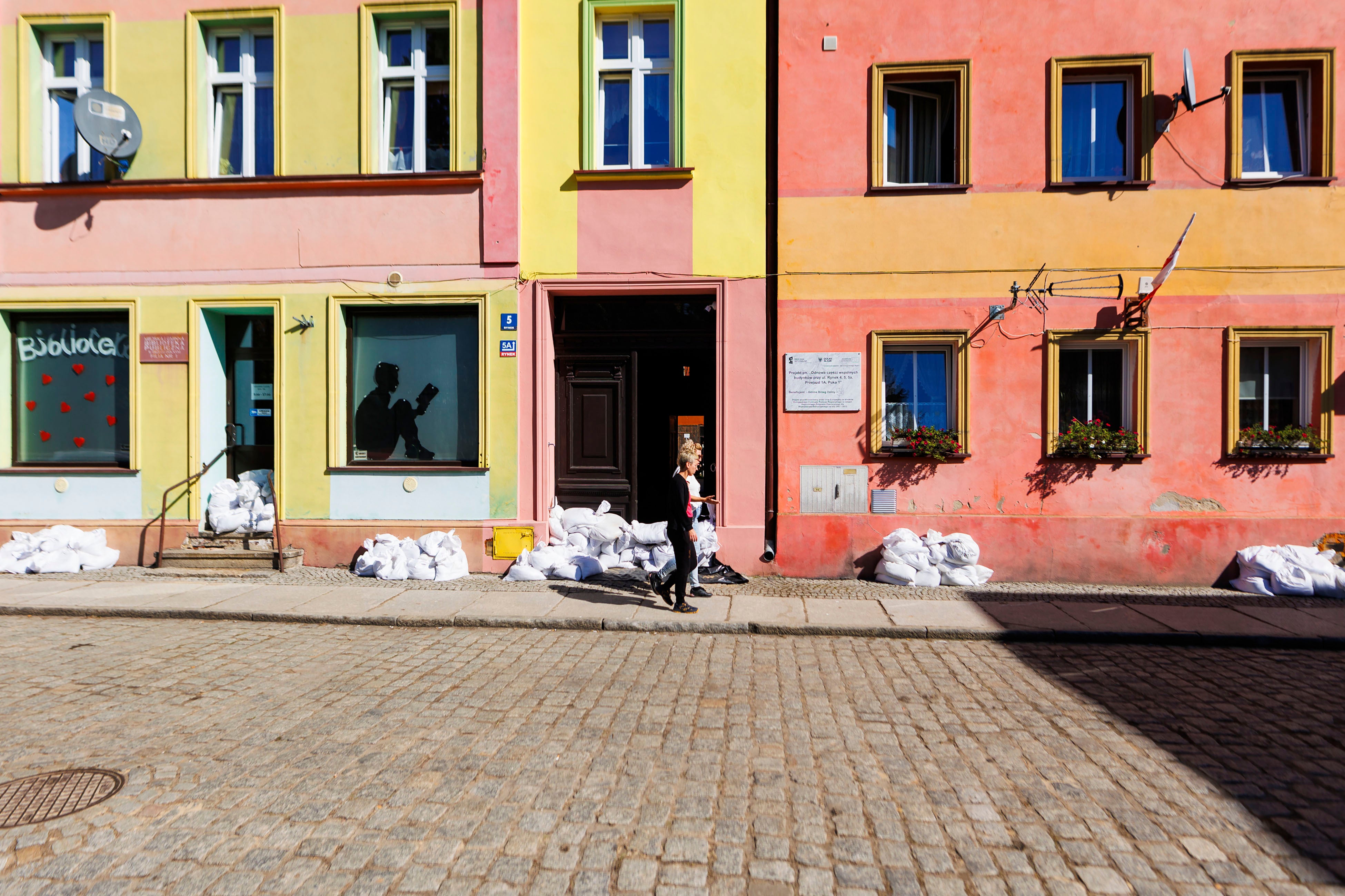Floodwater reservoir becomes Poland's hero for preventing major flooding
Grateful Poles are heaping praise to honor their silent hero that just saved them: a floodwater reservoir that spared the cities of Opole and Wroclaw from imminent flooding that ravaged parts of Central Europe

Your support helps us to tell the story
From reproductive rights to climate change to Big Tech, The Independent is on the ground when the story is developing. Whether it's investigating the financials of Elon Musk's pro-Trump PAC or producing our latest documentary, 'The A Word', which shines a light on the American women fighting for reproductive rights, we know how important it is to parse out the facts from the messaging.
At such a critical moment in US history, we need reporters on the ground. Your donation allows us to keep sending journalists to speak to both sides of the story.
The Independent is trusted by Americans across the entire political spectrum. And unlike many other quality news outlets, we choose not to lock Americans out of our reporting and analysis with paywalls. We believe quality journalism should be available to everyone, paid for by those who can afford it.
Your support makes all the difference.Grateful Poles are heaping praise — and coming up with fond names — to honor their silent hero that just saved them: a floodwater reservoir that spared the cities of Opole and Wroclaw from imminent flooding that ravaged parts of Central Europe.
“National Hero,” the “King of Gold" and “Raciborz Reservoir the Great.” Some social media entries even suggest that the Lower Raciborz Reservoir floodplains should be named after Poland's famous goalkeeper Wojciech Szczesny.
Located on the Oder River, the anti-flood reservoir was built following lesson from the 1997 “flood of the century” that devastated the two cities. It took a decade and some 2 billion zlotys ($520 million) to build and two villages had to be resettled. Part of the funds came from the European Union and the World Bank.
It opened in 2020 on some 26 square kilometers (10 square miles) of wildland, and has the capacity of holding 185 million cubic meters of floodwater. It passed the test by effectively flattening the Oder's giant flood wave as torrential rains inundated Central Europe this month.
Mindful of the 1997 disaster, residents of Opole and Wroclaw watched with apprehension as the river was cresting to the brims — but never spilled into the streets or houses.
Some places not covered by the Raciborz Reservoir system suffered heavy flooding as the amount of rain in just four days equaled a six-month volume.